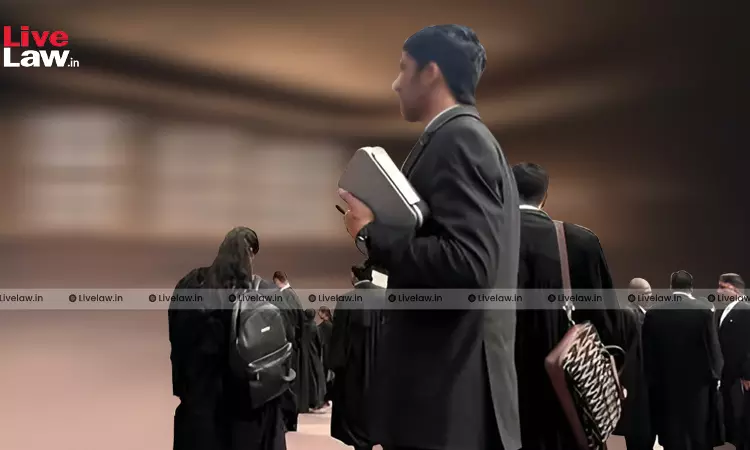Digital platform Sulekha.com has filed a Special Leave Petition before the Supreme Court against the Madras High Court judgment directing the Bar Councils to take action against advocates soliciting work through online portals and online service providers allowing advocates' advertisements.The petition filed through Advocate Utkarsh Sharma, contends that the High Court's interpretation could...

